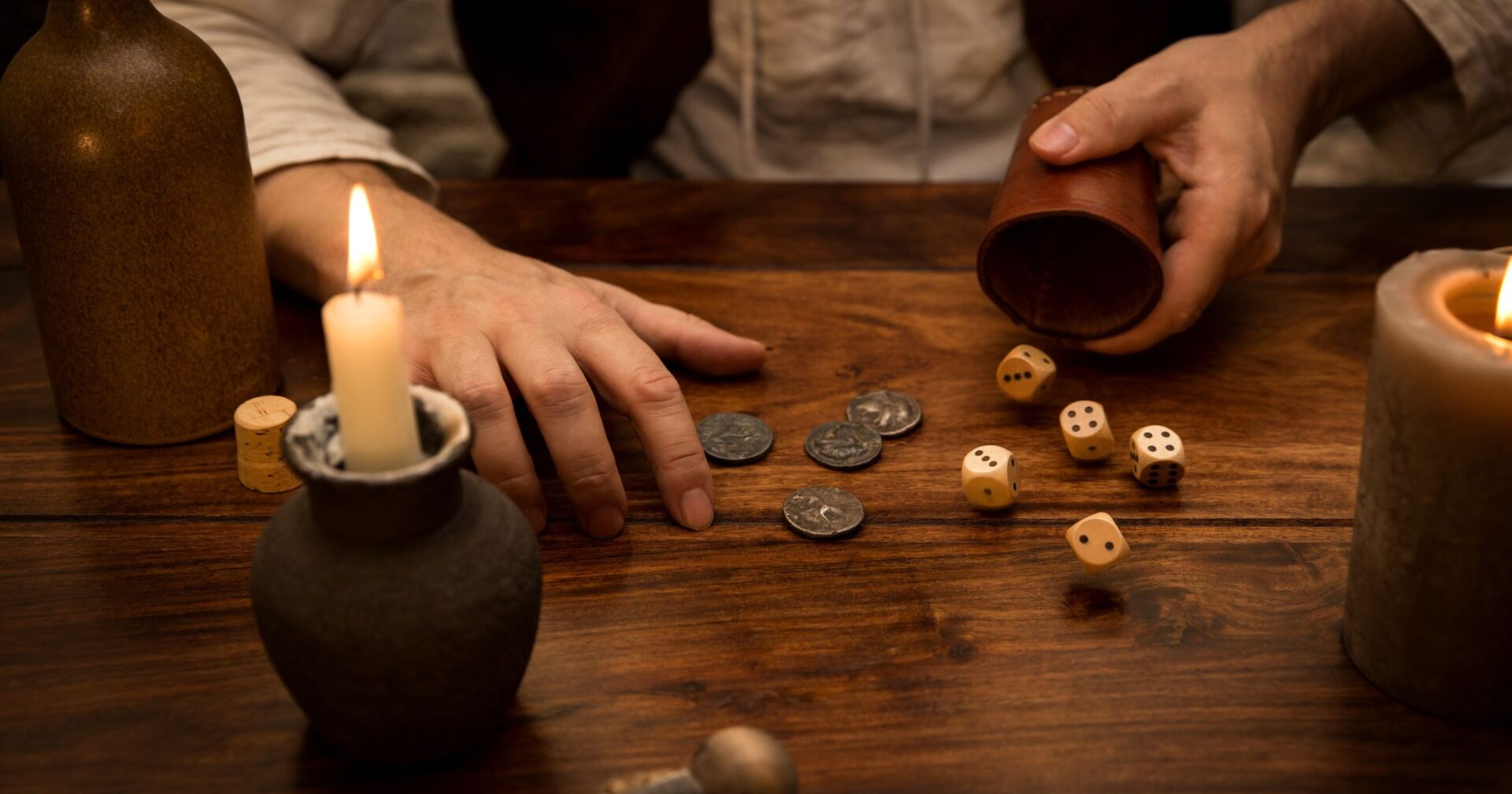Gambling is prehistoric, and wagering a bet on the outcome of a papal conclave is “an old practice” just the same according to historians of papal elections.
The first historical reference to gambling on papal elections comes from Venetian laws forbidding bets on the life of the pope in 1419, intended to prevent people from taking out life insurance policies on the current pope. Similar laws were enacted in Barcelona in 1435 and Genoa in 1467, ending life insurance policies taken out whether they were purely speculative or legitimate e.g. someone owed money by the papacy who fears a change of Pontiff.
The bets on the 16th century papal conclaves are among the first documented examples of gambling on election outcomes, the first of which is the September of 1503 papal conclave. Roman bookmakers had Cardinal Piccolomini (elected Pope Pius III) the favorite at 30 to 100, Cardinal d’Amboise was 13 to 100, while Cardinal della Rovere was 15 to 100.
Ten years later betting on the election of Pope Leo X in 1513 was described as commonplace.
“Betting on the outcome of papal elections was quite common and was often handled by the banking houses in Rome which employed sensali, or messengers, to scurry back and forth delivering betting slips. Bettors watched the odds closely . . .”
The papal conclave of 1549 was at the time the largest papal conclave in history in terms of cardinal electors. Naturally, it was a betting bonanza for bankers and bookkeepers. Venetian Enrico Dandolo, a witness to the conclave essentially describes it as an early form of insider trading:
“It is more than clear that the merchants are very well informed about the state of the poll, and that the cardinals’ attendants in Conclave go partners with them in wagers, which thus causes many tens of thousands of crowns to change hands.”
The change in betting odds of election was recorded as such:
“Cardinal del Monte (who was eventually elected Julius III) had eventually started out as the favorite at 5-1, trailed by Salviati, Ridolfi, and Pole, but Pole was the favorite three days later at 4-1. By December 5, Pole’s odds had shortened to 100-95. With the arrival of four additional French cardinals on December 11, Pole’s odds drifted to 5-2. On January 22, the odds quoted against the conclave finishing during January were 10-9, against February: 2-1, against March: 5-1, and never: 10-1.”
Gambling on papal conclaves and the creation of cardinals became so rampant that on March 21st of 1591, Pope Gregory XIV banned the practice in the Papal States, imposing a penalty of excommunication on anyone who dared to wager a bet in the papal bull Cogit nos.
Is this still law today in the Church? Gregory XIV’s norm falls under the old system of canon law called the Ius Decretalium, which was abrogated by Canon 6, 5º of the 1918 Pio-Benedictine Code of Canon Law.
There is currently no canon law on conclave or cardinal wagers.
Photo credit: Miriam Doerr Martin Frommherz / Shutterstock.com














